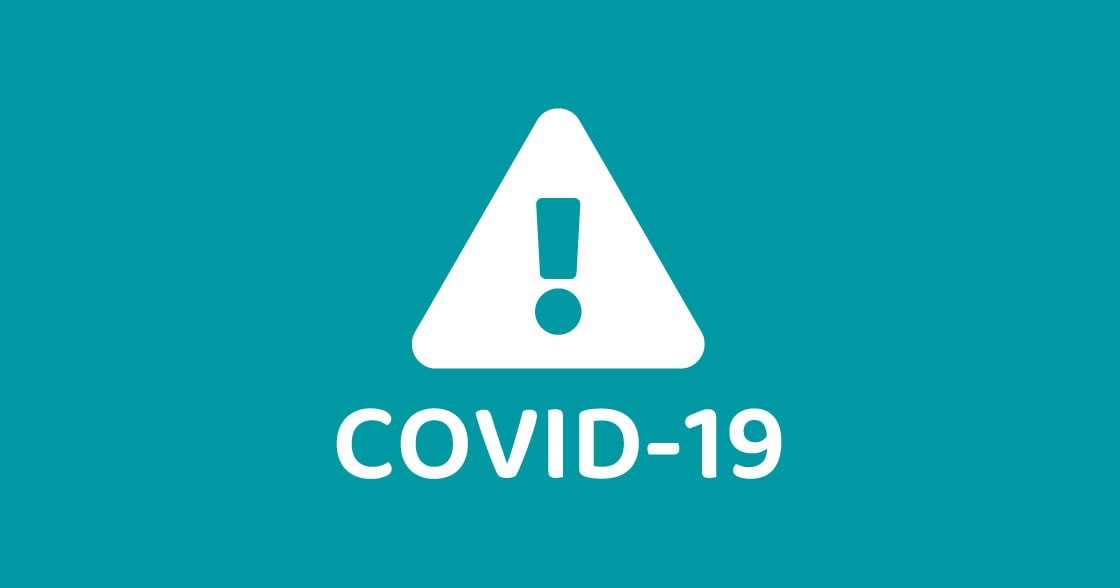THIS IS AN ARCHIVED PAGE. The advice and information contained in this page may not be current and it should only be used for historical reference purposes.

Two further cases of COVID-19 confirmed in Canterbury
As announced by the Director-General of Health on 23 March, a further two people in Canterbury have tested positive for COVID-19. All cases to date are travel-related.
Case information
Case four and five are a couple in their 20s, who are in self-isolation at home in Canterbury after returning to New Zealand from the United Kingdom.
The pair, one male and one female, returned from the United Kingdom via Singapore on 18 March.
- The flight details can be found on the Ministry of Health website. Any air travel contacts are being followed-up.
- The risk to the Canterbury community is low as the couple immediately went into isolation upon their return to Canterbury.
Close contacts are being asked to self-isolate for 14 days from the date of potential exposure to the cases.
Canterbury DHB Incident Controller Dan Coward says time we expect we will see more cases in Canterbury.
“Isolated cases linked to overseas travel, or close contact with a confirmed case will be followed up by public health teams to help stop the spread.
“Now is the time for increased vigilance and – if you are not already doing so – to follow the advice from the Ministry of Health. There is a mine of information on both the Ministry of Health web page and the government’s new website: www.covid19.govt.nz,” Dan says.
Prevention – how to protect yourself and others with good hygiene
- Cough or sneeze into your elbow or by covering your mouth and nose with tissues.
- Wash your hands with soap and water often (for at least 20 seconds).
- Avoid close contact with people who are unwell (try to stay at least 2 metres away)
- Avoid touching your eyes, nose or mouth.
- Avoid personal contact with sick people, such as kissing and sharing cups or food.
- Clean and disinfect frequently touched surfaces and objects, such as doorknobs.
- Stay home if you feel unwell.
- Practice low-touch shopping. Do not handle things you are not buying, keep your distance, be aware of how you are touching things like bank cards, money, ATMs and Eftpos machines. Wash your hands after touching things like this as soon as you can.
- If you are a business or provide a service: Increase your cleaning routine in between customers.
- People living in communal spaces must be especially careful with distancing, cleaning and general hygiene.
Physical distancing is essential
- Try to put physical distance (two metres) between yourself and other people in public places such as supermarkets
- Be kind to others: Make it easy for them to keep 2m from you – eg, keep a 2m space in front of you in a supermarket queue, and stay 2m back from counters and reception desks
Please stay home if you are sick
- Do not go into any public places if you are feeling unwell and minimise close contact even in your home – ring ahead if you need a service
- Call Healthline on 0800 358 5453 if you have any symptoms and have undertaken any overseas travel in the past 14 days, or have been in close contact with someone confirmed with COVID-19. Please do not go directly to a pharmacy, GP clinic, urgent care centre or emergency department.
ENDS

